Practices and critiques of international humanitarian law
The development of contemporary humanitarian action has historically been associated with international humanitarian law. Viewed as a framework and scope for humanitarian action by certain players and as ambiguous (necro)ethics to be used as a political resource whenever necessary by others, humanitarian law has played a pivotal role in various controversies roiling MSF and the aid community. The studies contained in this volume explore these controversies, delving into the relationships between humanitarian organisations, international criminal justice, the right to intervene, the law-making process and the various ways the law is used.
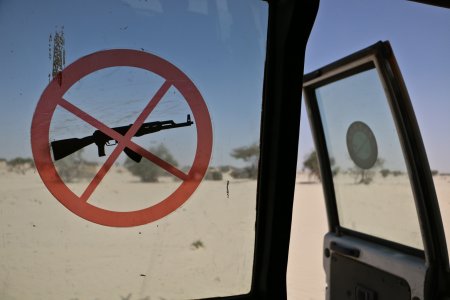 Analysis
Analysis
Criminalising the enemy and its impact on humanitarian action
12/15/2010Could a doctor working for a humanitarian organisation be sentenced to life imprisonment in the United States for having offered his “expert advice” to people linked to a “terrorist organisation”? That is what is feared by a number of civil rights’ organisations in the US since the Supreme Court declared on 21 June that the legislation known as the Material Support Statute was constitutional.
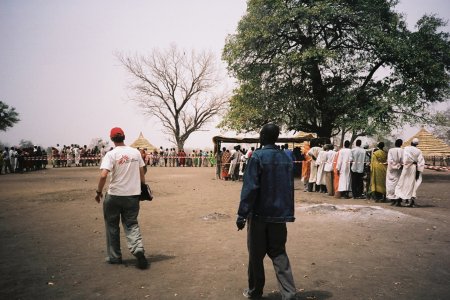 William Martin
Opinion
William Martin
Opinion
Darfur: the International Criminal Court is wrong
09/10/2010Rony Brauman criticises the International Criminal Court's indictment of the Sudanese president for genocide. If the prosecutor's argument is followed, humanitarian organisations working in the displaced people's camps should be charged with complicity in genocide.
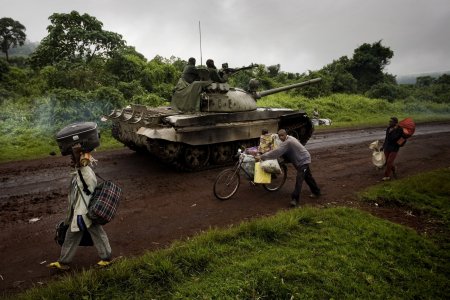 Dominic Nahr
Analysis
Dominic Nahr
Analysis
"Not in our name": Why Medecins sans frontières does not support the "responsability to protect"
08/01/2010Argued in the 1990s in the name of the "right or duty to intervene", the application of military might to rescue populations in danger is now debated with reference to the "Responsibility to Protect" paradigm (or "R2P" for those in the know). In this article Fabrice Weissman explains why MSF refuses to adhere to this doctrine of ‘just war', whose legalisation would effectively be legalising a new form of imperialism.
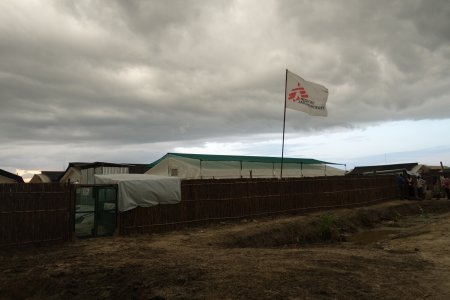 Jacob Kuehn
Analysis
Jacob Kuehn
Analysis
Humanitarian Aid and the International Criminal Court. Grounds for Divorce
10/01/2009This essay points out the fragility of the arguments most often used by humanitarian organizations to justify their support for an international criminal court. Questioning NGOs' infatuation with punitive justice, Fabrice Weissman argues that humanitarian organizations should advocate for politics of aid and mediation rather than for a global moral order based on judicial punishment and just war.
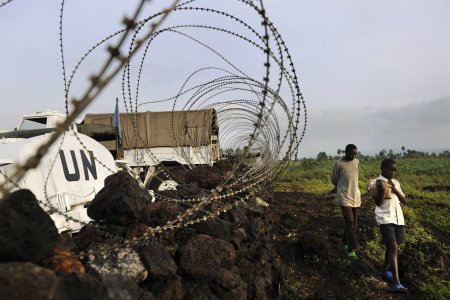 Lynsey Addario
Opinion
Lynsey Addario
Opinion
Zones to Protect
03/01/2009Humanitarian law was designed as a normative framework, not as an indictment. With this in mind, Rony Brauman tries to define what constitutes a human shield.
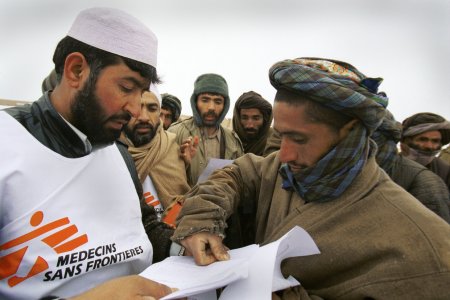 Tim Dirven
Cahier
Tim Dirven
Cahier
MSF and protection: pending or closed?
04/01/2008To embark upon a study of this theme is to enter a field strewn with contradictory representations linked to a highly sensitive issue – the limits of our responsibility – that has generated endless disagreements and debates on our “identity” and the existence or nonexistence of a role for MSF “beyond care”.
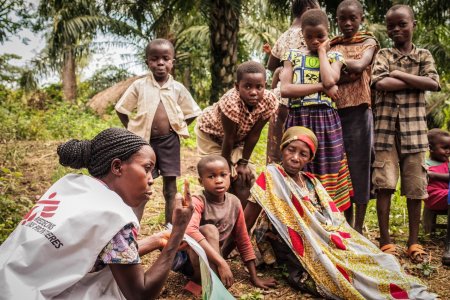 Gabrielle Klein
Cahier
Gabrielle Klein
Cahier
Legal or humanitarian testimony ? History of MFS’s interactions with investigations and judicial proceedings
04/27/2007The document analyses and describes the different initiatives, experiences and positions that MSF has had with regard to international investigations and judicial proceedings.
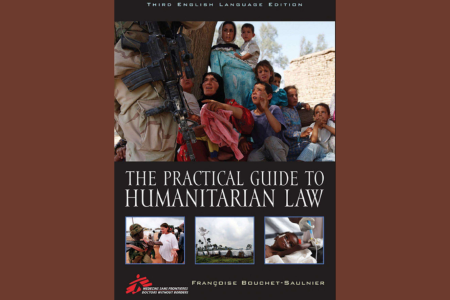 Book
Book
The Practical Guide to Humanitarian Law
01/01/2006Definitions are often the first step toward granting or denying a person's rights. Now in thoroughly revised and updated edition, the Guide provides precise meaning and content for terms such as terrorism, refugee, genocide, and intervention concepts.
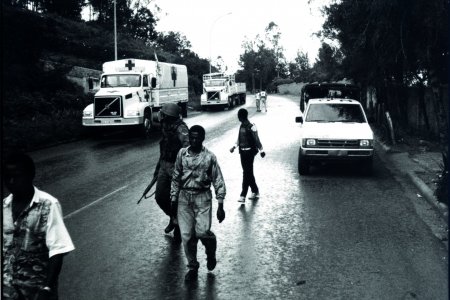 Xavier Lassalle
Opinion
Xavier Lassalle
Opinion
Genocide, upping the stakes
10/01/2004Rony Brauman decribes how the qualification of the conflict in Darfur as genocide leads only to a dead end and warns against the abuse of this concept.
